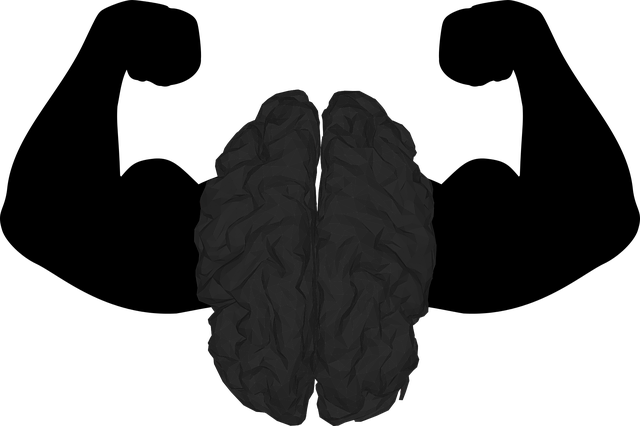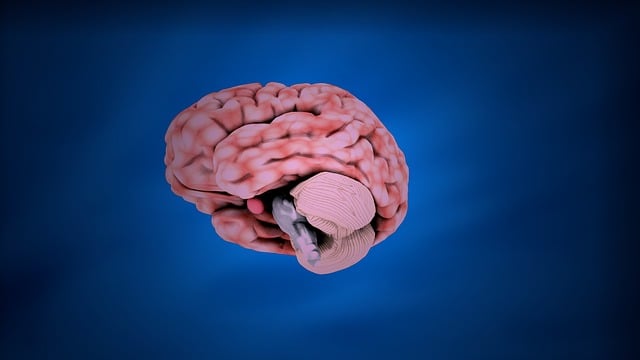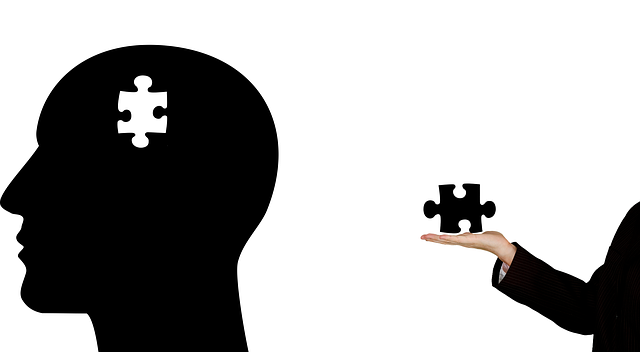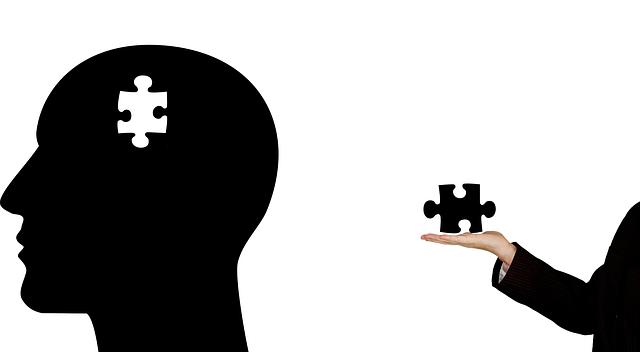In German-speaking regions, accurately diagnosing mental illnesses in adolescent teens is challenging due to cultural norms, non-immediate symptom presentation, and stigma. A shift towards specialized therapy models, emotional healing processes, and education programs is improving diagnosis accuracy. Dynamic therapy approaches, community outreach, and evidence-based practices empower healthcare professionals and reduce stigma, enhancing access to tailored therapy for adolescent teens while leveraging technology for early interventions.
Mental illness diagnosis accuracy is crucial for adolescents in German-speaking regions. This article explores current challenges faced by healthcare professionals in identifying conditions like depression and anxiety among teens. We delve into innovative solutions, highlighting the transformative power of specialized therapy and support services tailored to this age group.
Additionally, we discuss promising future directions, focusing on technology advancements, enhanced training for mental health professionals, and community outreach programs aimed at improving early intervention and effective treatment for German-speaking teenagers.
- Current Challenges in Mental Illness Diagnosis for Adolescent Teens in German-Speaking Regions
- Innovative Approaches to Enhance Diagnostic Accuracy
- The Role of Therapy and Specialized Support Services for Teenagers
- Promising Future Directions: Technology, Training, and Community Outreach
Current Challenges in Mental Illness Diagnosis for Adolescent Teens in German-Speaking Regions

In German-speaking regions, accurate mental illness diagnoses for adolescent teens pose significant challenges. The complexity lies in the unique interplay of cultural norms and the evolving nature of teenage minds. Many young individuals may exhibit symptoms that are not immediately recognizable as indicative of a mental health disorder, often masking underlying issues. This delay in recognition is exacerbated by the mental illness stigma reduction efforts still present in these regions, leading to underreporting and misdiagnosis.
The quest for improved diagnosis accuracy highlights the need for tailored interventions like specialized therapy for adolescent teens in German-speaking areas. Incorporating emotional healing processes into treatment plans can help identify and address subtle changes in behavior and emotions, crucial for precise assessments. Furthermore, designing comprehensive mental health education programs that target both adolescents and their families can foster a better understanding of mental illness, encouraging early intervention and accurate diagnosis.
Innovative Approaches to Enhance Diagnostic Accuracy

In the quest for enhanced mental illness diagnosis accuracy, innovative approaches are reshaping the landscape of healthcare, particularly for adolescents and teens in German-speaking regions. Beyond traditional diagnostic methods, therapists are integrating cutting-edge techniques that foster a deeper understanding of youth mental health. For instance, incorporating dynamic therapy models that encourage open dialogue and exploration can significantly improve diagnosis reliability. These modern therapies not only focus on individual symptoms but also consider the complex interplay between personal experiences, cultural influences, and social factors prevalent among German-speaking teen populations.
Additionally, Mental Illness Stigma Reduction Efforts play a pivotal role in this evolution. By implementing Empathy Building Strategies within therapy sessions, professionals cultivate an atmosphere of acceptance and understanding, encouraging teens to openly discuss their struggles. Community Outreach Program Implementation further bolsters these efforts by connecting adolescents with support networks outside traditional clinical settings. Through these integrated strategies, German-speaking countries are making strides towards more accurate mental health diagnoses for teens, ultimately improving access to tailored Therapy for Adolescent Teens.
The Role of Therapy and Specialized Support Services for Teenagers

For teenage individuals battling mental health challenges, access to tailored therapy and specialized support services is invaluable. Mental health therapy for adolescent teens, particularly those in the German-speaking region, plays a pivotal role in improving diagnosis accuracy and enhancing overall well-being. Qualified therapists employ evidence-based practices to help young people navigate their struggles, fostering an environment where they can openly discuss symptoms, fears, and aspirations.
One of the key aspects of effective therapy is equipping teens with stress reduction methods, communication strategies, and coping skills development. These tools empower them to manage their mental health proactively, communicate effectively with others, and build resilience against future challenges. Specialized support services further complement therapeutic interventions, providing a comprehensive safety net that addresses the unique needs of adolescent teens facing mental illness.
Promising Future Directions: Technology, Training, and Community Outreach

The future of mental illness diagnosis accuracy holds great promise, particularly with the integration of technology into psychiatric practices. Advanced AI algorithms can assist in identifying subtle patterns and symptoms, enhancing diagnostic precision. For instance, machine learning models can analyze vast amounts of patient data, including medical history, genetic information, and behavioral trends, to predict and differentiate various mental health conditions. This technological advancement has the potential to revolutionize therapy for adolescent teens, especially within German-speaking communities, by providing earlier and more tailored interventions.
Furthermore, continuous training programs and workshops focused on evidence-based practices can empower healthcare professionals to employ the latest techniques, such as conflict resolution strategies and mind over matter principles. Equipping practitioners with these skills ensures that patients receive comprehensive care addressing not just symptoms but also the underlying causes. Complementing these efforts, community outreach initiatives play a pivotal role in Mental Health Policy Analysis and Advocacy, fostering awareness, reducing stigma, and encouraging early seeking of help. Such multi-faceted approaches are crucial steps towards improving diagnostic accuracy and overall mental well-being within affected populations.
In addressing the challenges of mental illness diagnosis in adolescent teens across German-speaking regions, it’s clear that a multi-faceted approach is necessary. Innovative strategies, such as advanced assessment tools and specialized training, play a pivotal role in enhancing diagnostic accuracy. Therapy for adolescent teens within these communities must be accessible, evidence-based, and tailored to individual needs. Future directions include leveraging technology for remote support, implementing targeted community outreach programs, and continuously improving professional training. By combining these efforts, we can ensure more accurate diagnoses and effective interventions for young people struggling with mental health issues in German-speaking regions.














